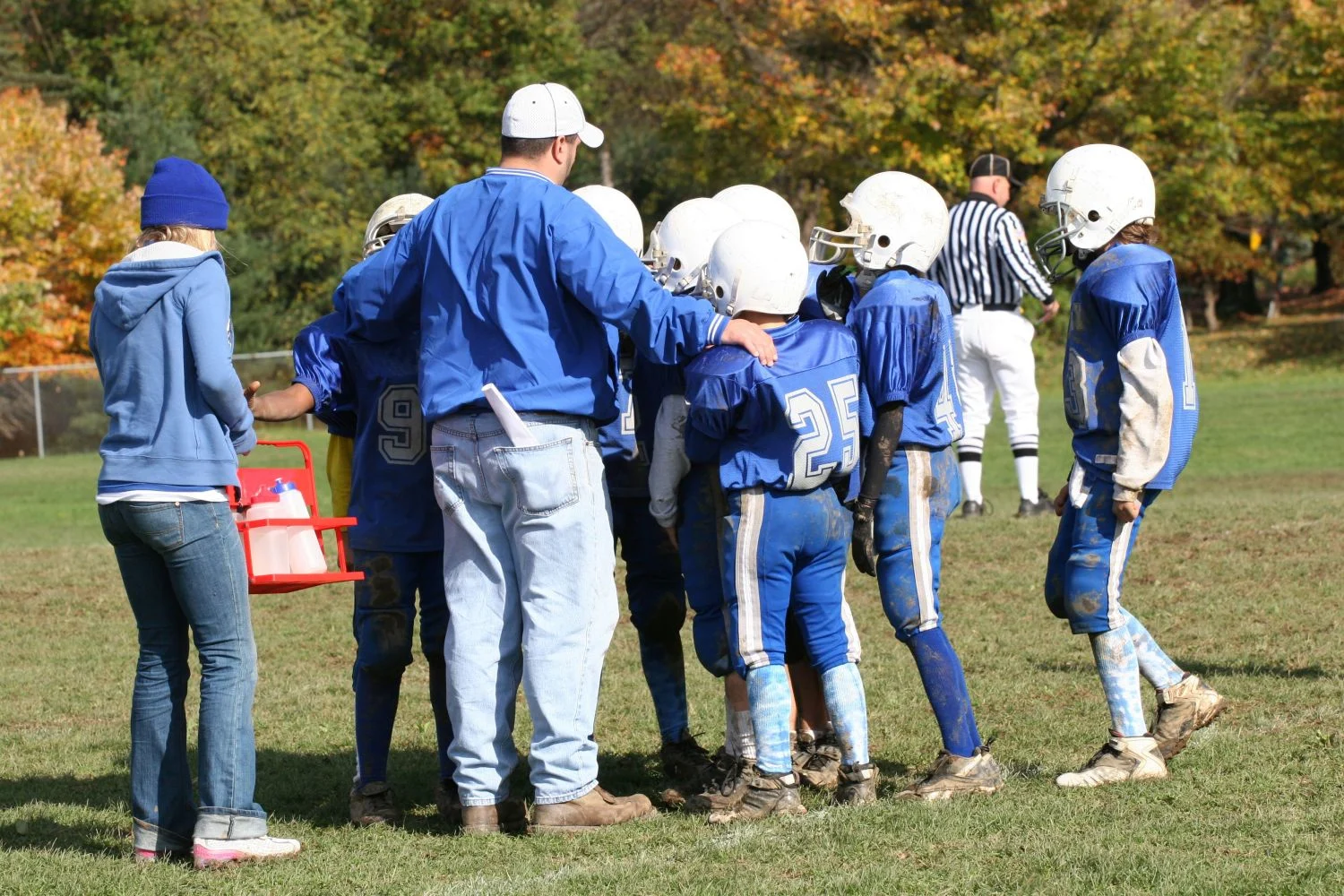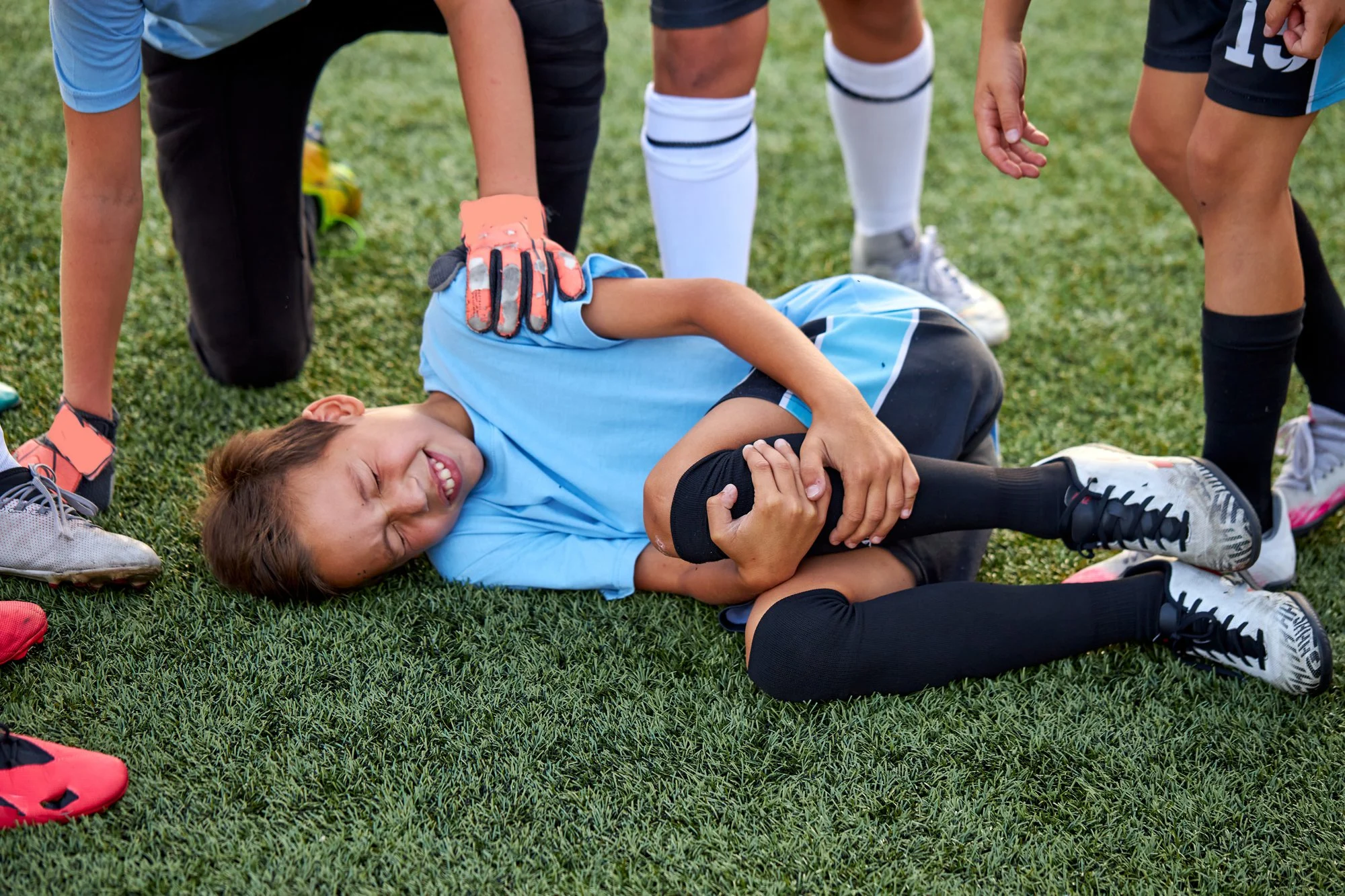Uncovering the Reasons Kids Drop Out of Youth Sports
The Jersey Watch Team Last updated: March 31, 2023


There are many reasons why kids drop out of their youth sports league. Challenges regarding daily commitments, feeling discouraged by coaches and teammates, and shyness about team participation are just a few of any number of possible reasons.
While sports may not be for every kid, the benefits of being a part of a sports team can be very important for a young child. It’s important to understand why your child is suddenly disinterested in sports so that you can hopefully get them back on the field.
Reason #1 - Sports Are No Longer Fun
Studies from the National Alliance for Youth Sports (NAYS) have found that of the 40 million youths who participate in organized sports each year, 70% will drop out before the age of 13! When asked why the number one reason given is that they just don’t find it fun anymore.
Without participation in organized sports, kids spend less time outdoors running, jumping, and getting much-needed exercise to help with their development and overall health. But what many don’t realize is the detrimental effect this can also have on their mental and emotional learning. Children who don’t participate in sports might not learn valuable skills like bouncing back from failure and working in a team environment.
Factors like overly competitive coaches, parental pressure, burnout, and fear of losing can all contribute to a child’s decision to drop sports. Parents and coaches have to remember to keep it fun! It is a competition, yes. But more important than winning the game is ensuring your kids get to play and be a part of a team. Keep kids engaged by making sure that above all else, they learn and have a good time.
Reason #2 - Unbearable Pressure From Parents
We all want to see our kids succeed. But sometimes when a child signs up for sports, parents have a habit of becoming overly invested in their participation. Unfortunately, this intense focus and pressure is not usually well-received, and can lead to a result opposite of what parents wanted.
Kids can become overwhelmed by their parents’ vicarious goals and ideals. One of a coach’s primary objectives should be to emphasize the fun and overall benefits of being a part of a team sport. They need to encourage balance. Yes, the healthy lifestyle, training, and dedication are all important. But so are fun and team camaraderie.
Notice & Recognize Improvement
Stress in sports can have serious long-term emotional effects on kids, impacting their sense of self-worth and confidence. One way to mitigate this stress is by building up small one-on-one moments.
Encourage them to practice some ball skills they recently learned, or notice them mastering a new move. Positive, uplifting conversations are key. These micro intervention moments of authentic praise mean the world to your kids. They are also a great way to teach them how to handle defeat. If you celebrate the small victories, the losses in turn will be easier to process when they come (and they will).
Know Your Role, Slow Your Roll
When it comes to kids' participation in youth sports, it is important that everyone remembers their roles. Coaches are there to coach and develop skills, while parents are there to support and encourage. Sticking to these understandings goes a long way towards ensuring youth sports league growth and participation.
There are times, however when these lines blur and parents wind up coaching their own kids. There are some simple suggestions to navigate the challenges successfully, like knowing when to parent and when to coach, remembering to listen, and understanding your own motivation for coaching your kids, so that you always approach their coaching from the right place.

Figuring out your strategy as a coach? Even Peyton Manning has issues dealing with parents in youth sports.
Reason #3 - Dreaded Sports Injuries
According to a study conducted by Stanford Children’s Health, annually more than 3.5 million of the 30 million children and teens who participate in organized sports suffer an injury. Obviously, one can see how this might impact participation. Sprains and strains (and worse) can take a player out for the season, they may not want to come back after, and watching the injury and healing process might scare off other potential players.
However, this can be mitigated to a degree. The same study also found that the majority of injuries happen during practice. Safer practice measures can keep kids whole and uninjured. Additionally, coaches should balance participation more. Overusing a player of course widens the opportunity for injury. They may be the most talented and skilled player you have ever worked with! But overusing them will do more harm than good and likely just result in an injured star.
Parents can also assist in this by encouraging participation in a variety of sports. Let them “play the field,” so to speak, while they are young and figure out what they like and excel at. There is plenty of time to buckle down and get serious about a sport later. But when they are young, let them spend time exploring what multiple sports have to offer.

Preventing injuries is a big factor in developing long term youth sports participation.
How Parents and Coaches Can Encourage Kids Back to Sports Participation
Our role as adults is to guide and mentor our kids into well-functioning and competent adults. Youth sports programs offer an important opportunity for kids to develop.
The life skills go beyond just learning how to dribble or kick a ball. Kids also learn cooperation, emotional control, and discipline, and bolster their physical and mental health. But this can only happen if you can combat all the potential reasons why your kids might drop out of youth sports before they even get started.
Establishing a wholesome, lighthearted approach to participation will result in youth sports league growth and will curb some of the reasons why kids do drop out. Keep it fun, go easy on the pressure to perform, and make sure kids’ health and safety is the priority, not just winning games.